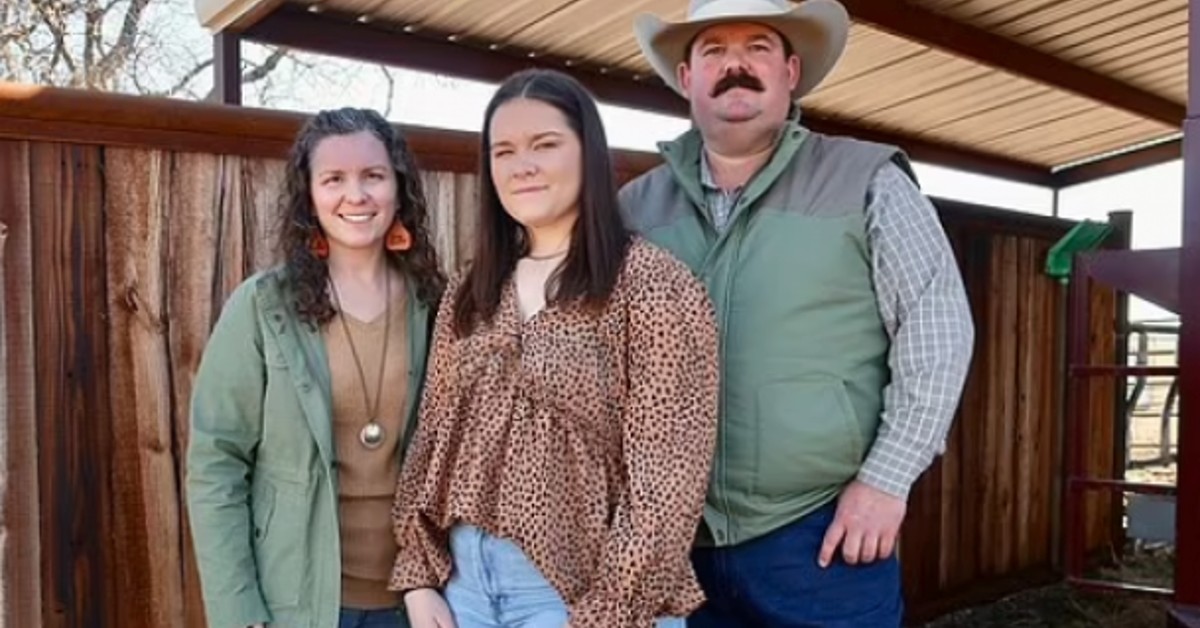Parents Ridiculed For Making Teen Daughter Pay Rent To Live With Them

A couple from Gatesville, Texas, named Erika and Cody Archie, who run a ranch and have a nineteen-year-old daughter named Kylee. The family’s TikTok account has gained popularity, and their videos, particularly those discussing their practice of collecting $200 per month in rent from Kylee, have sparked intense debate.
After Kylee decided not to pursue college and opted to stay at home following her high school graduation in May 2022, her parents implemented a rent policy that they had originally intended for her college years. They felt that their daughter lacked ambition and motivation to improve her future prospects.
The article cites a Pew Research Study from July 2022, which reveals that approximately 50% of young adults between the ages of eighteen and twenty-nine still live with their parents, avoiding the financial responsibilities of the real world. This represents a significant increase compared to previous years.
Cody holds a stricter viewpoint regarding their daughter’s situation and has been emphasizing the importance of rent payment since her graduation. Erika is slightly more lenient but agrees with her husband’s approach, seeing it as a way to instill responsibility and accountability in their daughter. They believe that the rent serves as a valuable lesson for Kylee in managing financial obligations and argue that $200 a month is a fair amount considering her basic needs.
The couple’s decision has generated a polarizing debate on TikTok. Some viewers agree with the idea of charging rent to promote independence and financial literacy, while others express concerns about the potential strain it may place on the parent-child relationship. The article mentions one user’s comment sharing their own experience of being charged rent by their mother when they decided not to attend college but got a job instead.
The discussion raised by the Archie family’s story touches on the changing dynamics within modern families and the responsibility parents have in preparing their children for adulthood. The article concludes by highlighting that this story has attracted widespread attention and provoked introspection about the choices parents face when guiding their children toward a successful future.
Overall, the article focuses on the debate surrounding parents charging rent to their teenage children and how the Archie family’s situation has contributed to this national conversation. It highlights the opposing viewpoints on the matter and acknowledges the complexities involved in balancing parental support with fostering independence. The article suggests that this ongoing debate reflects the evolving landscape of education and the challenges faced by young adults.

